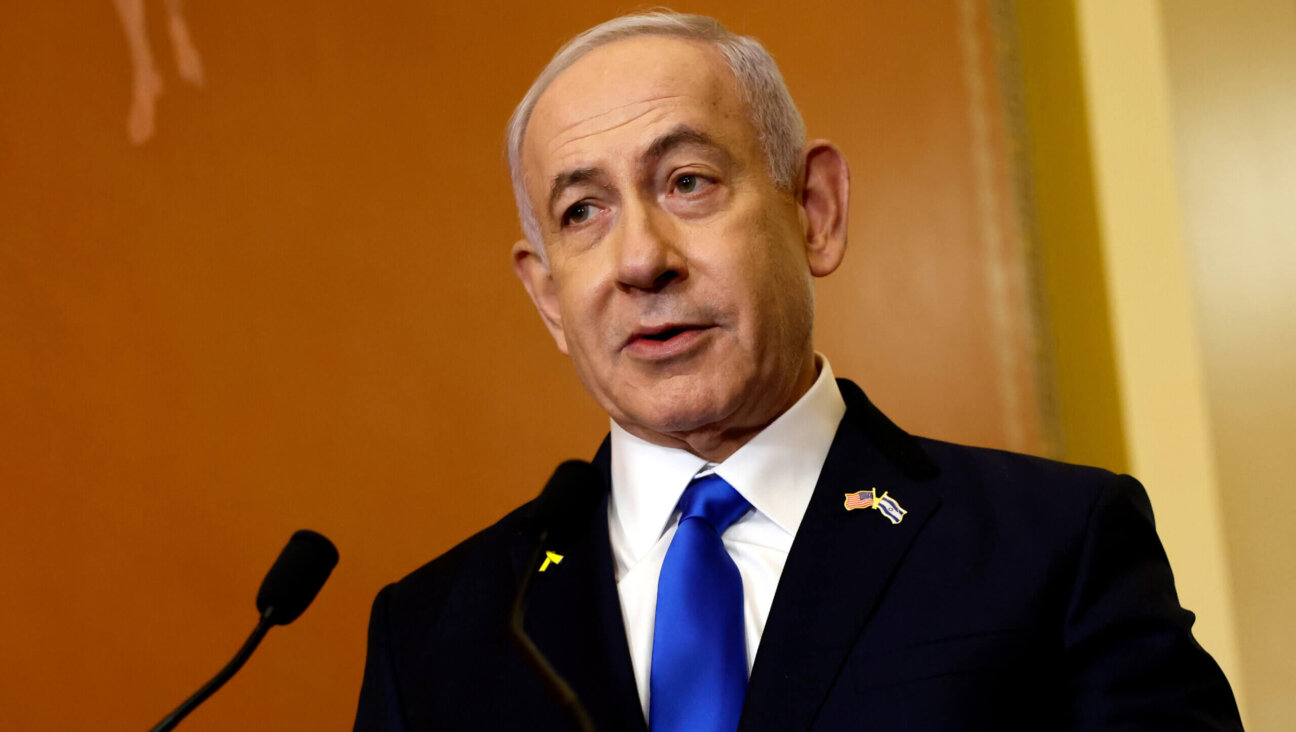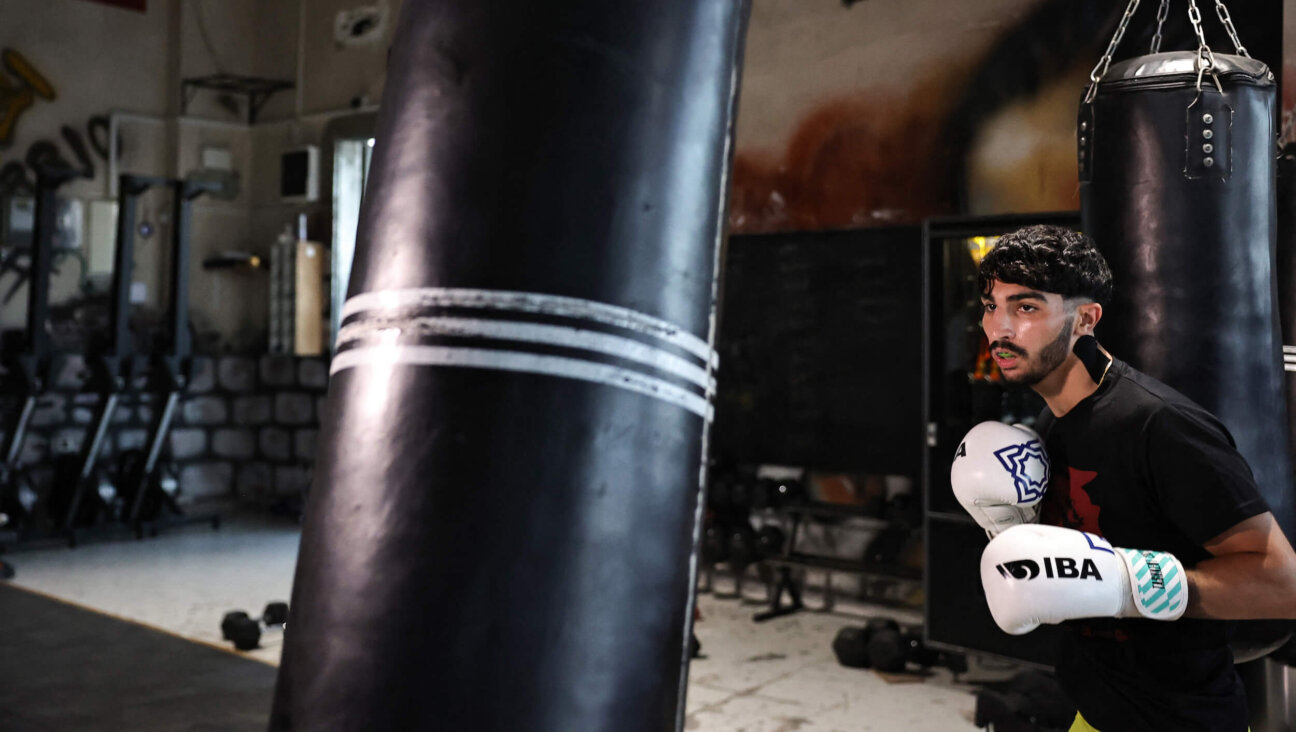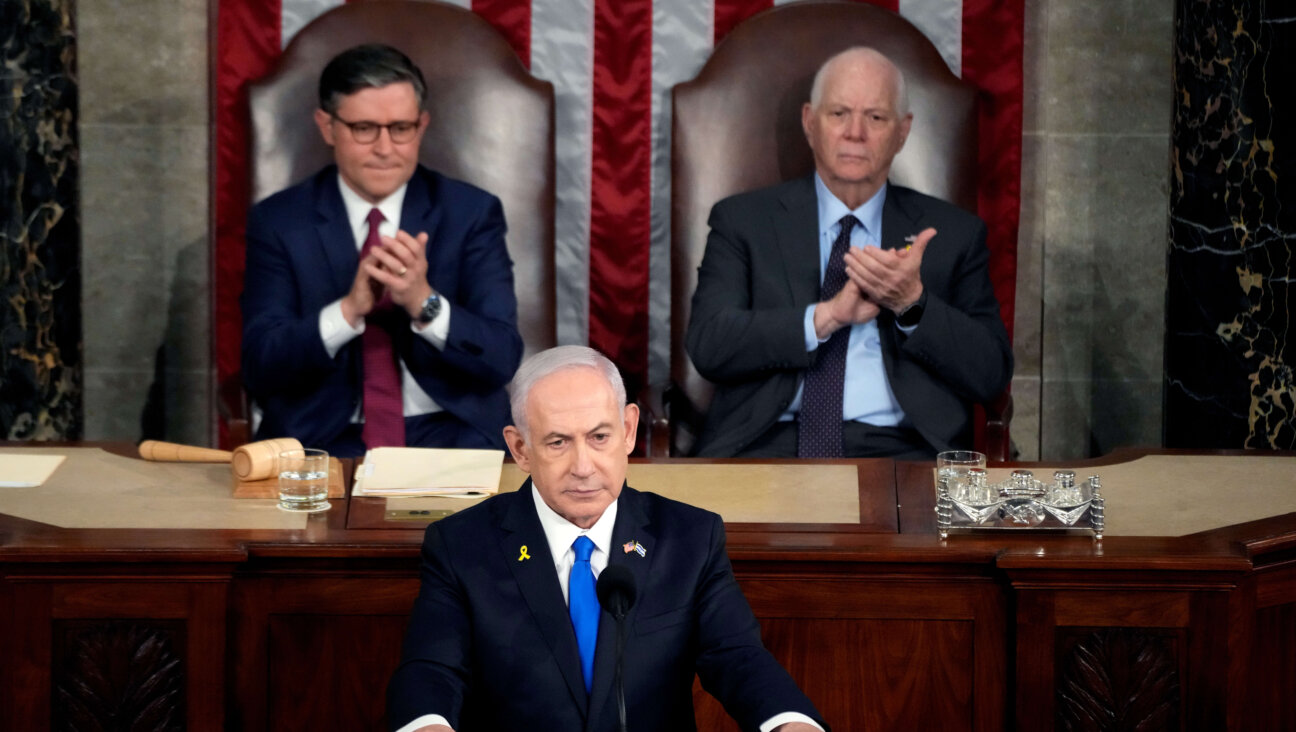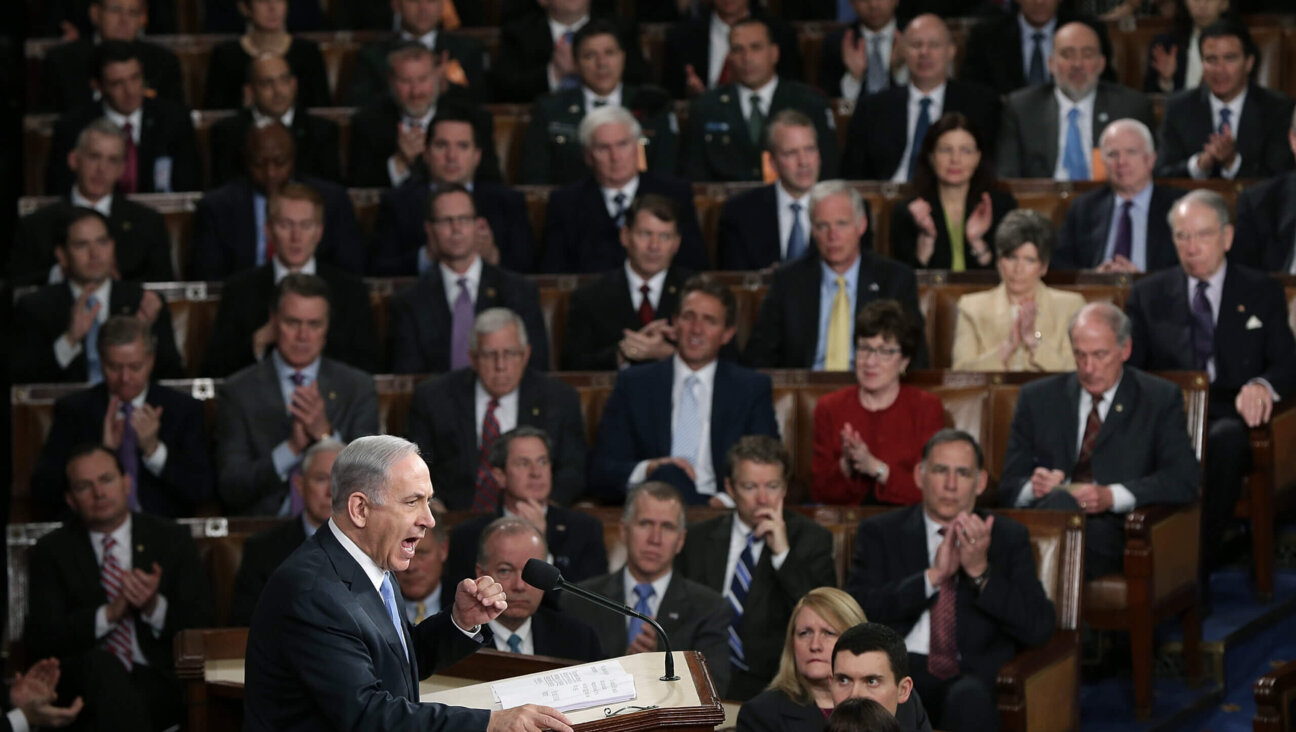Tearing Down the Ethnic Wall in Germany
Once again, Jews are fighting for their place in German society. This time, however, the battle is internal — Jew vs. Jew, with the identity of the world’s fastest growing Jewish community hanging in the balance.
In one corner stands the Central Council of Jews in Germany, the longtime champion of communal interests and official representative body for German Jewry. In the other corner stands the Union of Progressive Jews, the organization representing the country’s growing number of Reform Jews.
At issue is the same question that has long polluted communal politics: Who is a Jew? This being Germany, though, the debate features an added twist that has elevated the rancor and threatened to split a Jewish community that has only recently come of age.
Last year the central council negotiated an agreement with the government that involved significant federal funding for the Jewish community, including money for the Progressive movement, Germany’s equivalent to the Reform movement in the United States. But Progressive Jews — traditionally not part of the central council’s constituency — have yet to reap the benefits of the agreement.
In a bid for inclusion, the Union of Progressive Jews engaged the services of a renowned expert in ecclesiastical law, Axel von Campenhausen. Claiming that the state is not allowed to intervene in conflicts within religious communities, the Progressive union is threatening to bring the Central Council of Jews before the Federal Constitutional Court.
The central council has held Progressives at arm’s length out of concern that an umbrella body would dilute the religious identity of German Jewish institutions — and out of somewhat less lofty motives, namely, local power politics. The fractured Progressive movement, for its part, lacks a recognized leader advocating on its behalf, a power vacuum that has heretofore quieted Progressive calls for sharing communal representation to the government.
For the last half-century, the organized Jewish community has been patterned after Germany’s association of Christian churches. The Central Council of Jews has served as the accepted representative in all matters with the state, an arrangement that until recently was rather convenient for all players involved. For Jews, it has meant a certain corporatist protection after the trauma of the Holocaust. For the German government, it has provided a kind of institutional protection in a highly sensitive relationship.
But as post-reunification Germany has transformed into an open society, individualism has pushed for a process of decentralization. The increasingly complex German Jewish identity has outgrown the religiosity that for decades had primarily defined the community and its representative body. A growing segment of German Jewry defines its Jewishness ethnically rather than religiously, and many of the Russian immigrants that have swelled Germany’s numbers of Jews are at best marginally affiliated. Assimilation, long verboten in the wake of the Holocaust, once again has become an option.
With a sizable amount of government funding at stake, the “Who is a Jew?” debate has invited questions that extend far beyond the intra-communal power struggle. Is the German government’s responsibility toward the Jewish community of the past — as implied by the 2003 agreement with the central council accepting historical responsibility for the devastation of the Holocaust? Or should the government involve itself in the affairs of today’s German Jewry, given that federal funding has played a leading role in dividing the community?
German Chancellor Gerhard Schröder has so far avoided taking a position on the issue, preferring instead that a settlement be reached outside the courts. But a public debate on German Jewish identity is nearly inevitable, given that the new individualism manifesting itself in the community has ramifications for the traditionally close relationship between church and state — the centuries-old Prussian arrangement of “throne and altar.” Today there is a trend toward liberalization and Americanization, a trend that eventually may lead to the dramatic separation of church and state. Although a large church tax is still raised and government-funded public television still features weekly sermons from members of the Christian, Jewish and Muslim communities, traditional religious movements are losing members — and political weight.
In modern-day Germany, the ethnic ghetto is no longer a sustainable model. Concern about assimilation alone will not keep the faithful in the flock. Christian churches are facing a similar problem, as the traditionalists among members demand a return to dogmas of purity and salvation for the chosen few. Germany’s Muslim leadership is also struggling with secularization, as it seeks to ensure that the country’s mosques do not become insular homes to the propagation of fundamentalist Islam.
Today there are once again Jews who are patriotic Germans, Jews for whom Israel is a symbolic state — much as the Vatican is for many German Catholics. In embracing their transformed identity, however, the Progressive Jews also must fight to maintain a moral high ground. Their cause must be one for much more than money and political access, lest it degenerate into ignominious infighting.
For everybody involved, the conflict within the Jewish community has the potential to breathe fresh air into the debate over ethnicity in Germany. Less pathos, less moral pontification and more egalitarian dignity for citizens free of the burdens of religion and descent would bring Germany one step closer to being a modern civil society.
It would not be the first time in its history that Germany would owe such a step to Jews.
Michael Maier is editor of netzeitung.de, the online German daily.
A message from our editor-in-chief Jodi Rudoren

We're building on 127 years of independent journalism to help you develop deeper connections to what it means to be Jewish today.
With so much at stake for the Jewish people right now — war, rising antisemitism, a high-stakes U.S. presidential election — American Jews depend on the Forward's perspective, integrity and courage.
— Jodi Rudoren, Editor-in-Chief























